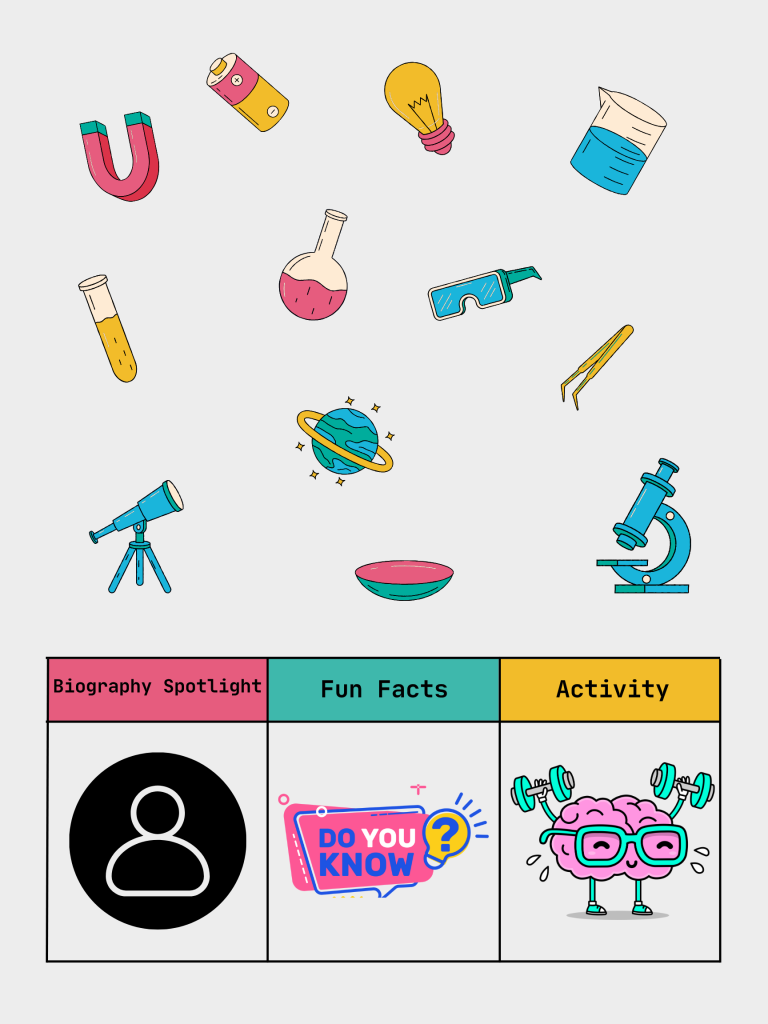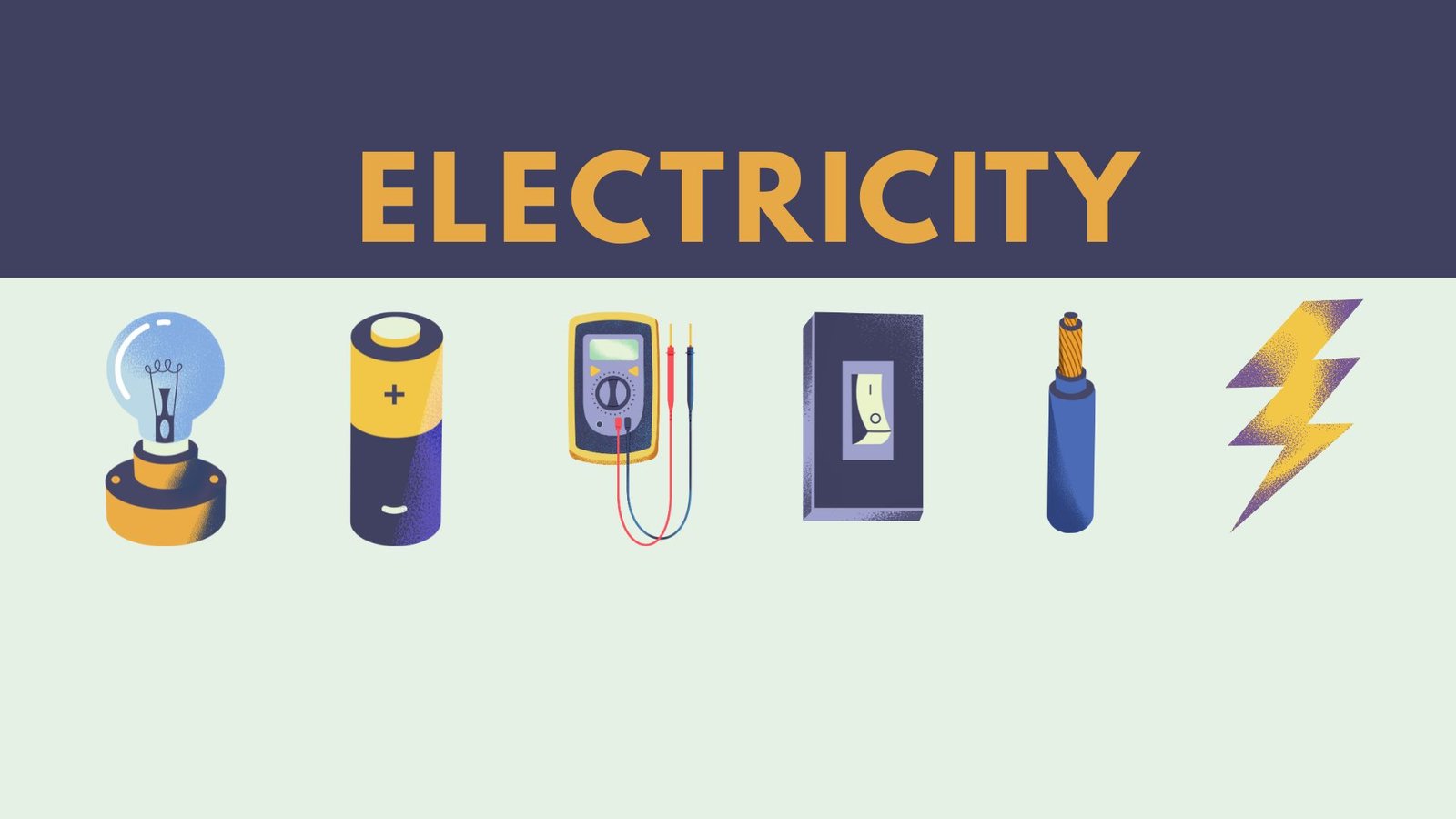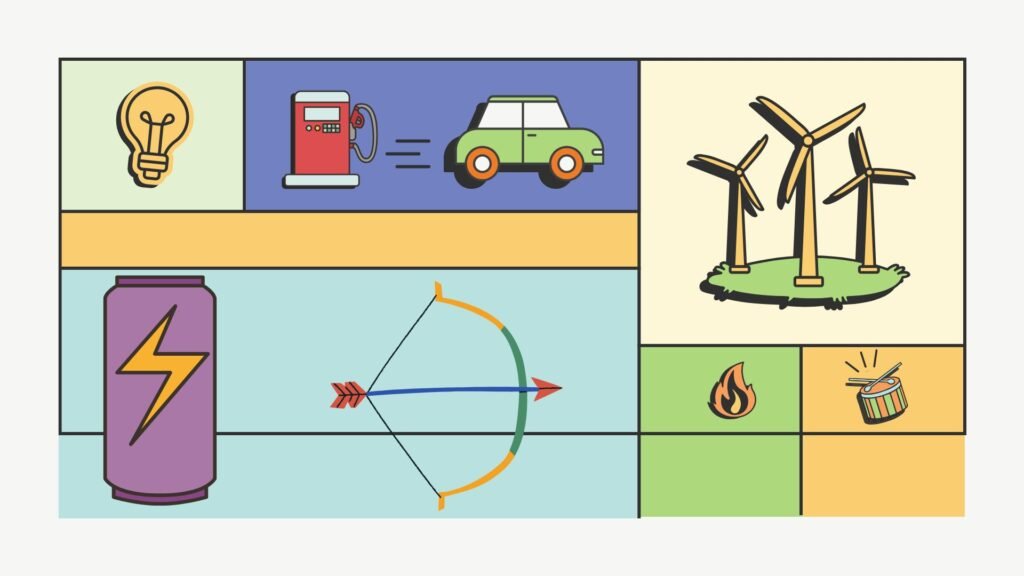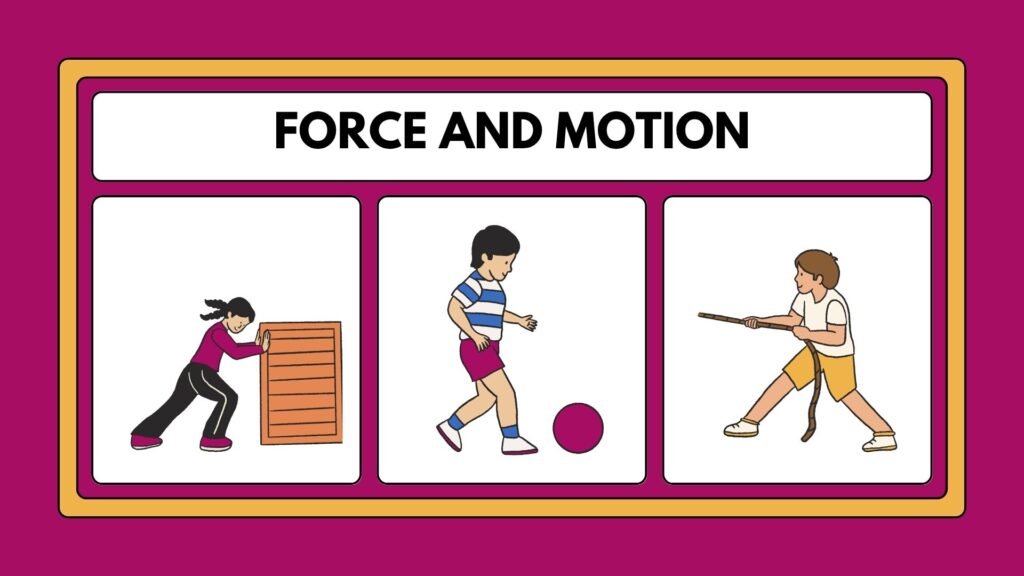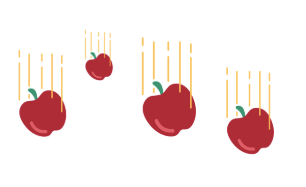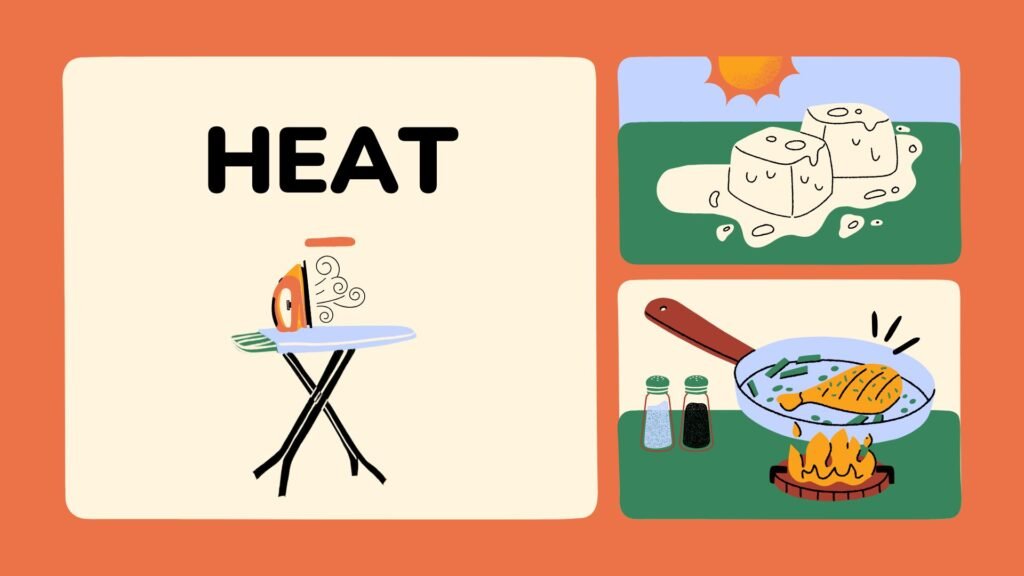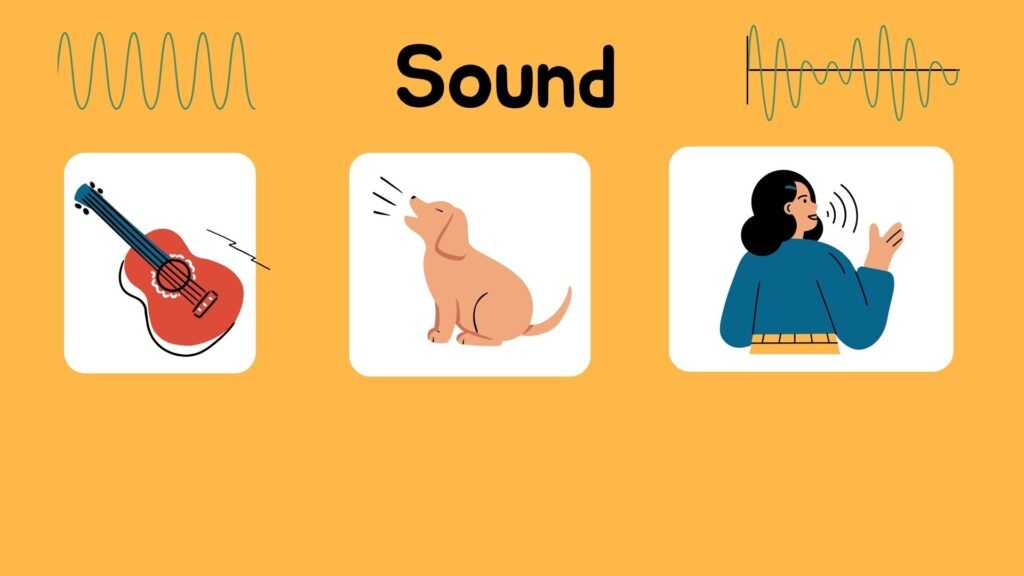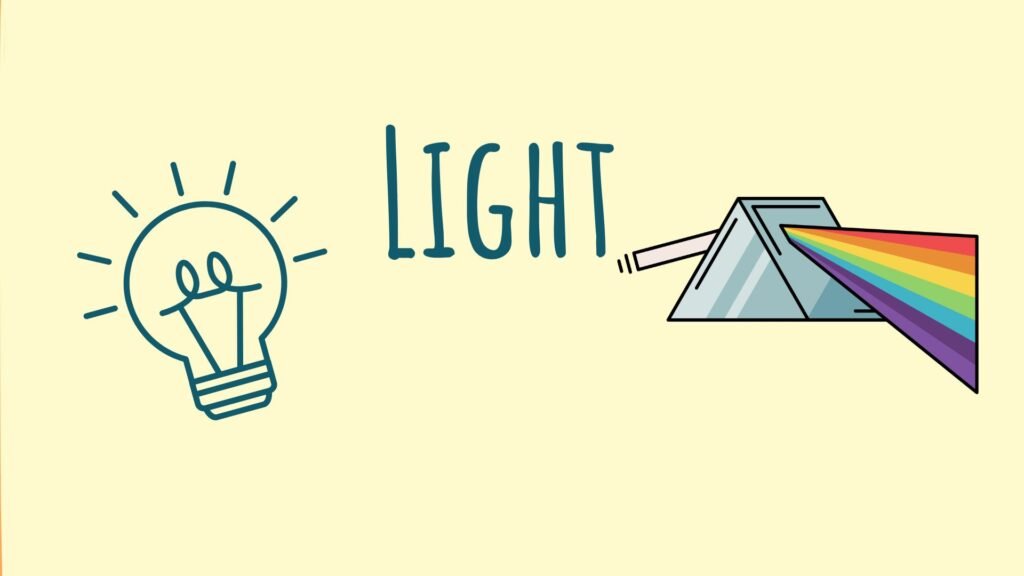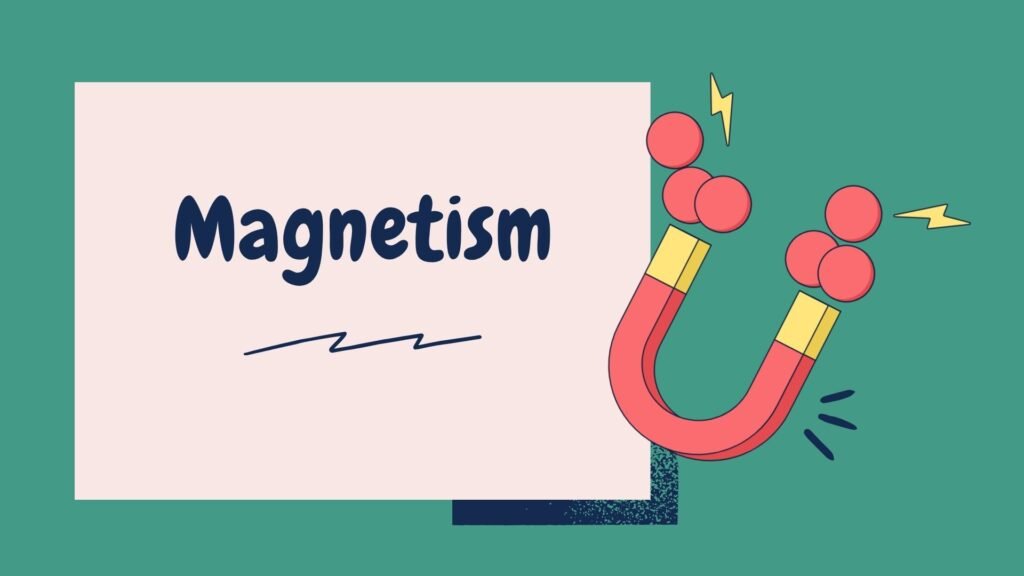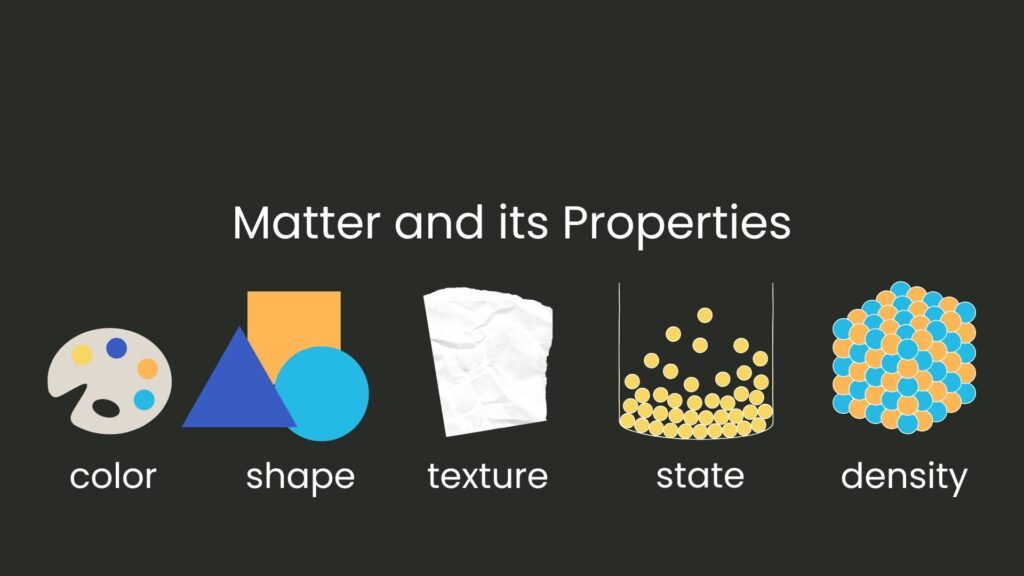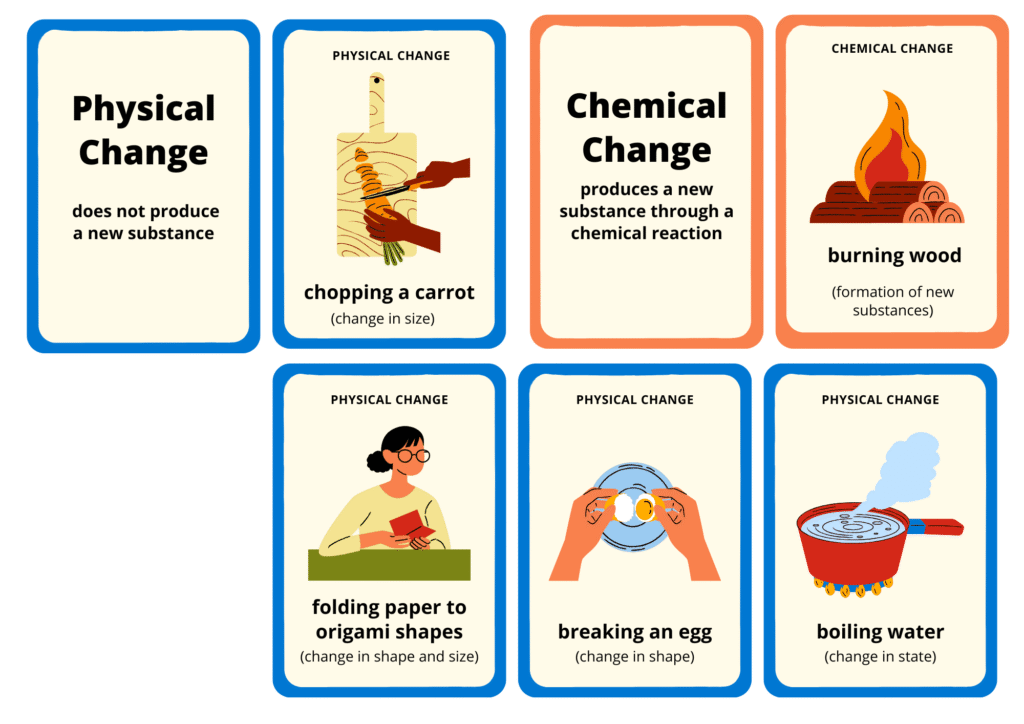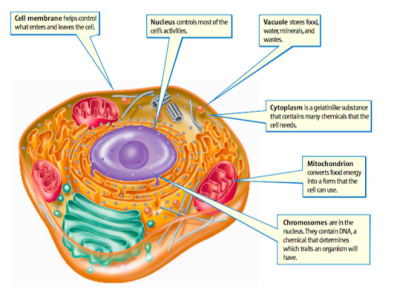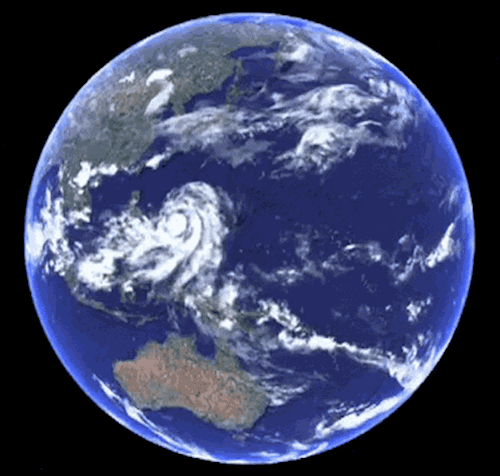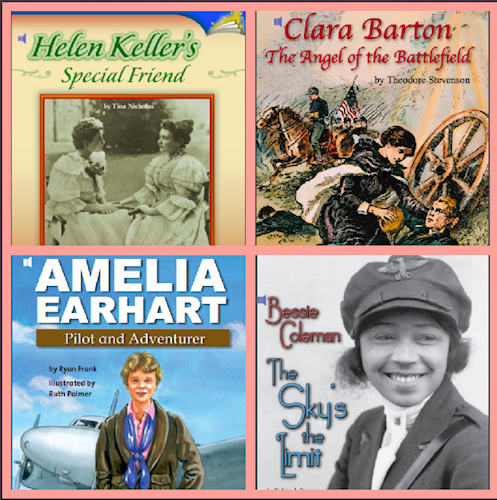Science materials that are both informative and enjoyable to read don’t often come in the form of a textbook.
While textbooks can provide a basic outline and structure to follow, many are so dry that it’s often best to seek out alternatives for exploring various topics. Something factual and fun to read, but not overly simplified the way some kids’ nonfiction can be.
Building Blocks of Physical Science strikes a good balance. This graphic novel series brings STEM concepts to life for kids in grades 3–5.
Engaging characters. Clear explanations. Built-in features to extend learning.
Each book features a quirky cartoon guide who walks kids through big ideas — like motion, energy, and matter — breaking them down into bite-sized, understandable chunks. The books are filled with vivid illustrations and real-world examples, plus glossaries and additional resource lists. The latest editions also include timelines, hands-on experiments, and scientist bios.
Flexible for any homeschool style.
Use them to enrich your science units, support your current curriculum, or hand them off for independent reading. There’s no required order. Just plug them in wherever they fit.
Bonus: Free printable resources.
We’re offering free downloads to go along with each book: comprehension questions, discussion guides, quiz sheets, and some additional activities. No extra prep required.
Explore the series and grab the freebies to give a boost to your homeschool science learning.
(As an Amazon Associate I earn from qualifying purchases.)
Bio: Edison vs. Tesla
Activity: Hair-Raising Electricity
Additional Activity: Make a Battery with Coins
Bio: Isaac Newton
Activity: Bottle Drop
Additional Activity: A Day Without Gravity
Bio: Kelvin
Activity: I’m Melting
Additional Activity: The Heat is On
Bio: Griffin and Galambos
Activity: Sound Wave Model
Additional Activity: Sound and Rhythm
Bio: James Clerk Maxwell
Activity: Make Your Own Compass
Hey, homeschool community. Book series like this one can definitely put a strain on budgets. Try searching for free online versions through local libraries, Libby, and Hoopla. Here in NC, for example, I found a similar series of books, called Picture Book Science, which covers matter, energy, forces, and waves. They can be read online at NCLive, which works through the local library system.
What free online resources for homeschooling have you used? Please leave a comment.

